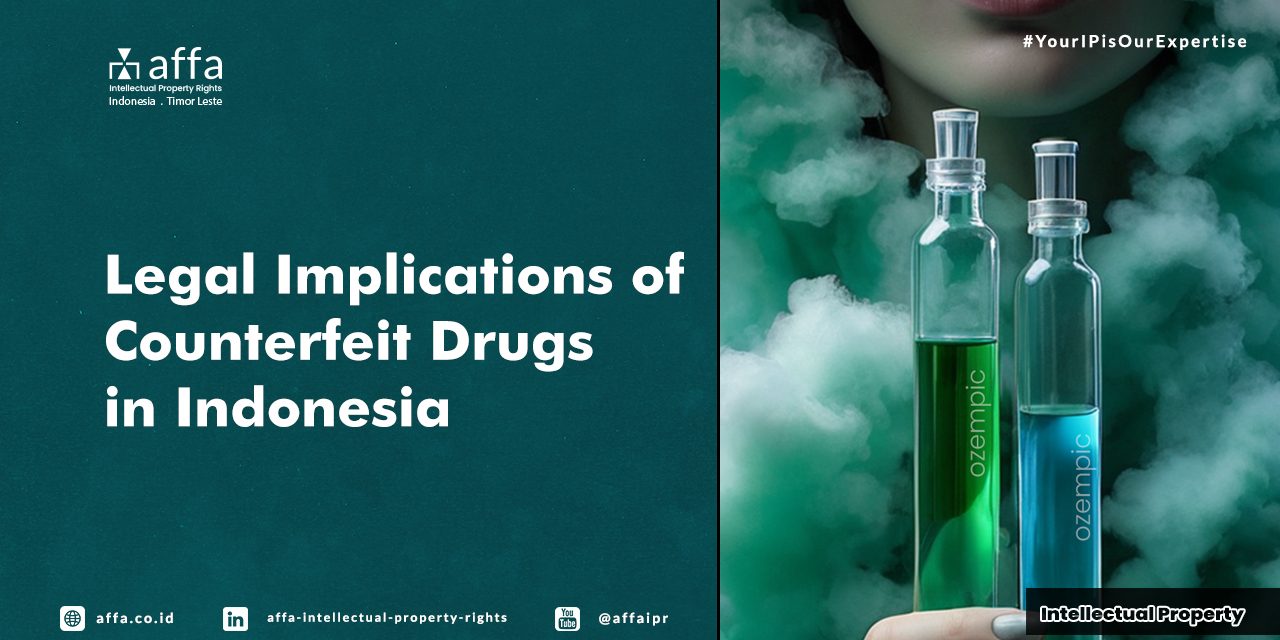According to the World Health Organization (WHO), more than 890 million people worldwide suffer from obesity, driving high demand for weight-loss medications. One of the most popular drugs is Ozempic, produced by Novo Nordisk (NOVOb.CO), which generated nearly $19 billion in net sales last year. Ozempic’s active ingredient, semaglutide, leads to an average weight loss of 15% by reducing food cravings and slowing stomach emptying. However, this success comes with a steep price—over $1,000 for a month’s supply in the U.S.
Despite its effectiveness, the high price of Ozempic has opened the door to counterfeit versions. A fake Ozempic batch number MP5B060 has surfaced in at least 10 countries, from Azerbaijan to North Macedonia. The WHO issued a warning in July 2023 about products carrying this batch number, and Interpol also raised concerns about insulin pens being relabeled and repackaged to resemble Ozempic.
While some countries have banned the affected batch, others have not, leading to dangerous consequences. In at least four countries, fake Ozempic pens have resulted in hospitalizations. For instance, in Iraq, a man fell into a coma after using a counterfeit pen that caused his blood sugar to drop to dangerously low levels.
The Global Impact of Counterfeit Drugs
Since early last year, at least 18 different batch numbers have been found on fake Ozempic pens in 14 countries. Despite warnings, the issue persists because the solution is far from simple. Each legitimate batch of Ozempic contains 280,000 pens, and some countries are reluctant to withdraw entire batches due to the risk of exacerbating drug shortages.
Novo Nordisk has blamed international counterfeit drug syndicates, stating that they easily buy genuine products and replicate the codes to create fake ones. Rather than manufacturing packaging from scratch, these syndicates buy cheaper drugs with similar packaging and relabel them as Ozempic, making it difficult for consumers to identify the difference. This has led to severe health consequences, as unsuspecting buyers end up with insulin rather than semaglutide, leading to severe hypoglycemia.
No Packaging Change: The Ongoing Risk
Novo Nordisk has no immediate plans to change Ozempic’s packaging or register it as a new Industrial Design, stating that counterfeiters would simply find new ways to replicate the new design. This leaves consumers at risk and underscores the importance of being vigilant.
Finally, we must increase our vigilance by implementing the following steps:
- Only buy from authorized distributors.
- Always check the batch code to ensure you have a legitimate product.
- Don’t be tempted by low prices, especially for imported drugs.
If This Happens in Indonesia, What Are the Legal Sanctions?
This situation can be overcome with more decisive action from the supervisory authorities. In Indonesia, for example, there is Indonesia’s National Agency of Drug and Food Control (BPOM), which is proactive in conducting raids and monitoring updates related to counterfeit drug products from abroad; these drugs can be withdrawn from circulation before they harm consumers and damage the reputation of the original product.
BPOM has also been equipped with BPOM Regulation Number 16 of 2023 concerning Supervision of the Distribution of Traditional Medicines, Quasi Drugs, and Health Supplements, which gives them the authority to impose administrative sanctions in the form of cancellation/revocation of distribution permit numbers, Importer recommendations; and/or recommendations of business entities in the marketing sector if the business is proven to receive, store, and/or distribute illegal drugs including counterfeit drugs (Article 23b).
Meanwhile, if viewed from the perspective of the Trademark as regulated in Article 100 Paragraph (2) of Law Number 20 of 2016 concerning Brands and Geographical Indications, anyone who violates another person’s registered Trademark, whose type of goods causes health problems, environmental problems, and/or human death, shall be punished with a maximum imprisonment of 10 (ten) years and/or a maximum fine of IDR 5,000,000,000.00 (five billion rupiah).
Viewed from the perspective of Law Number 8 of 1999 concerning Consumer Protection as regulated in Article 8, where this article expressly prohibits business actors from producing or trading goods that do not meet or violate the required standards, including the sale of counterfeit drugs. Violation of this article can be subject to a maximum imprisonment of 5 years or a maximum fine of IDR 2 billion. Article 19 also states that the seller is responsible for all losses experienced by consumers due to the use of counterfeit products. Consumers have the right to claim compensation, which can be filed through a civil lawsuit.
No less critical, Law Number 17 of 2023 concerning Health, specifically Article 435 states that anyone who produces or distributes Pharmaceutical Preparations and/or Medical Devices that do not meet the standards and/or requirements for safety, efficacy/benefit, and quality as referred to in Article 138 paragraph (2) and paragraph (3) shall be punished with imprisonment for a maximum of 12 (twelve) years or a maximum fine of IDR 5,000,000,000.00 (five billion rupiah).
You might also want to read:
Should you need more information on protecting Intellectual Property both domestically and internationally, feel free to contact us at [email protected].
Source:







